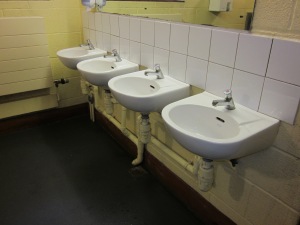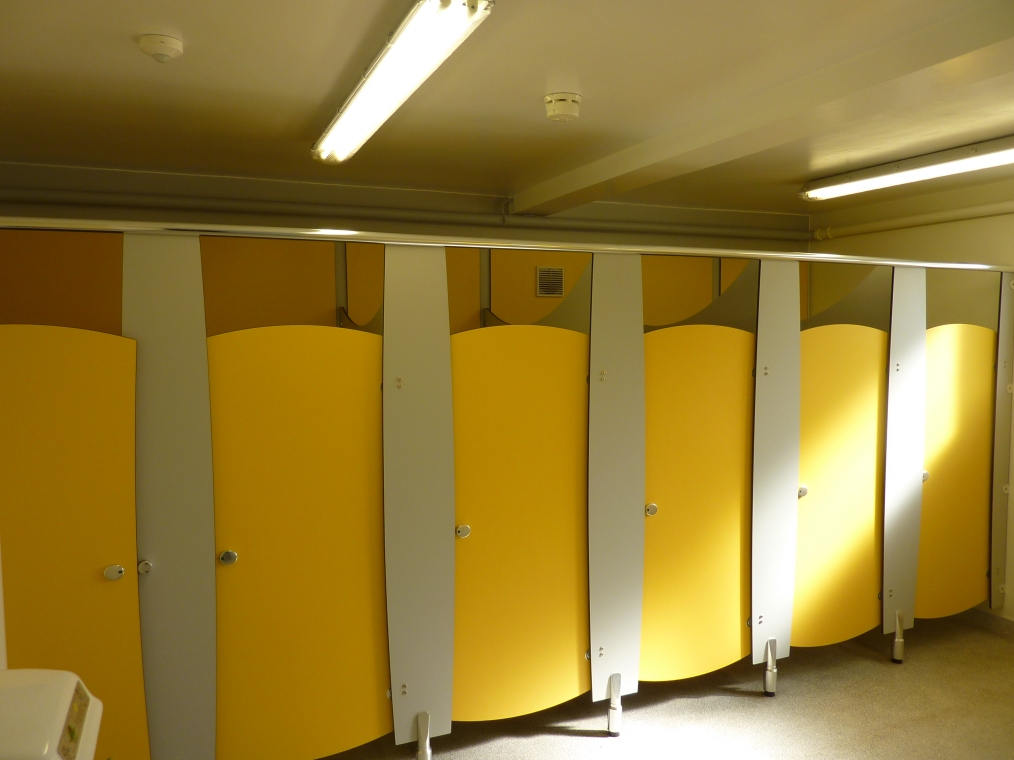Our story today comes from a young man who we have come into contact with through the ERIC helpline. He is 12 and has very bravely offered to share his personal experience of bed wetting with us, in the hope that other children and their parents/carers could understand what it’s like to suffer from continence issues.
“Hello I decided to write about my problem for ERIC. I am a 12 year old boy who still wets the bed and it is very frustrating for me and my family.
I used to wet the bed every night. I would find out that I had wet the bed because I would wake up in the night and I would feel damp and cold. When I checked I would be soaked through.
When I was little, I would hide my wet bed from my mum and carry on sleeping through, but now that I am older I do tell my parents and I strip my bed myself in the middle of the night. Sometimes, it is pitch black in the house, so I have got a torch and gone to the airing cupboard and taken out new sheets in the dark.
Sometimes the bed is so wet that the quilt is soaking too. This causes an argument between my mum and me. This is because I tell my mum that I didn’t know I had wet the bed in the night, and most of the time I don’t. But my mum reckons I did know and I am just trying to hide the wet sheets from her. But, in the morning she always can smell the wee in my bedroom – so there is no hiding it.
I went to see the Doctor and then a wee nurse at the local clinic. She recommended an alarm that I could clip onto my pants at night. It used to go off like a siren in the night. It did work, because as soon as the alarm went off when I was wetting myself , I would wake up and try and hold it in whilst I ran to get to bathroom. But sometimes the wee kept coming out whilst I was running. Once or twice the siren didn’t go off at all because the wee had not touched the metal clip, so I still wet the bed.
The nurse also told me that I should be drinking much more than I was, especially during school time. Unfortunately, during school I would drink more but then I would have to get up and go to the loo during class – so I found that I was going to the toilet more than I was learning. One of my teachers did understand because my mum had written a note to her explaining that I was training my bladder so had to drink plenty and go to the toilet when I needed. But my next teacher didn’t know about it and he wouldn’t let me go to the toilet during class. But I never told him what my problem was because I was worried all the class would hear.
The most nerve wrecking time was when I went to stay the night at friends. Every time I went I was really, really, worried. I would go to sleep ok and sometimes my mum would give me a tablet to take which was supposed to stop me making wee. Once I did wee my sleeping bag at a friend’s house. In the morning I got changed in my sleeping bag and I told my friend to go downstairs so that I could sort it all out. Another time, a friend noticed that my pyjamas were wet, so I said that I had tipped a drink on me.
In my bedroom I do have a bed protection rule! Every time a friend comes round, I tell them that I have one rule and they are not allowed on my bed. I lie and say that my bed is weak and it can only support a certain amount of weight. Really it is because if they went up on my bed they may notice I had a bed protector, an alarm and possibly a smell because I had hidden the wet sheets.
I have recently had to have my mattress thrown away because the bed protector had leaked and the mattress was really smelly. So I have slept on the floor for a few weeks on bedrolls whilst waiting for the new bed to arrive. During this time, I wore disposable pyjama pants because sometimes I have rolled off and weed on the carpet!
It is very frustrating that I still wet the bed at my age. Overall, the main thing that I feel is guilt! Because I wet the bed it creates so much washing and having to spend money on alarms, disposable pants and now mattresses it makes me feel guilty for being a bed wetter.”
Thank so much for taking the time to share your story with us. We really appreciate your honesty and telling us about how bed wetting impacts on so many aspects of your daily life. We really hope your experiences will help other children and young people understand that they are not alone with their worries and concerns.
Tracy
Do you suffer continence issues in silence and hide the truth from your friends? Or are you a parent that is increasingly frustrated by the lack of support from school or clinics? We would like to hear your stories too.
ERIC offers a range of services to help you cope with the symptoms of wetting and soiling? Want to speak to real person in confidence? Then do give our ERIC helpline a call (+44) 0845 3708008. Or would you rather chat to other young people just like you? Then come and join our active Teen Hub and Message Board scene http://www.eric.org.uk/Hub.
ERIC’s aim is to help reduce the worry and frustrations of bed wetting and soiling for sufferers and their families. Our online shop stocks and sells a complete range of products aimed at helping you or your child enjoy nights away and sleepovers such as sleeping bag liners, vibrating watches and waterproof sheets and duvets http://www.eric.org.uk/Shop/category/190 . – as a bonus every sale helps raise vital funds for ERIC …to ensure we can continue to support families just like yours.


